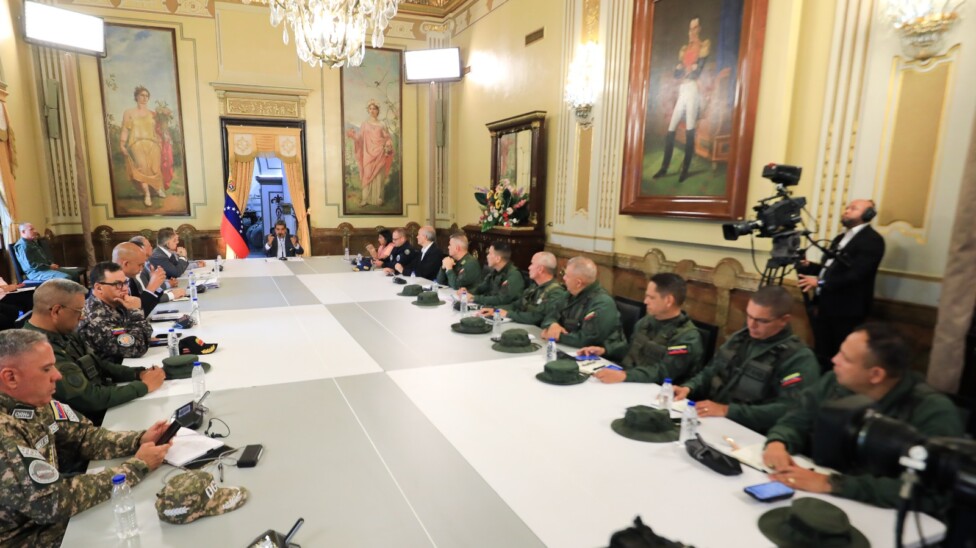
HAVANA TIMES – The presidential election on July 28th in Venezuela, far from resolving or diminishing the political crisis, has intensified it with a government entrenched to keep President Nicolas Maduro in power and an opposition mobilized with strong international support for its fraud accusations.
“It is premature to say that the government will achieve its goal of staying in power, but the intention to advance its hegemony is clear,” Guillermo Tell Aveledo, dean of Legal and Political Studies at the Metropolitan University in Caracas, told IPS.
The National Electoral Council (CNE, under the executive’s control) declared Maduro the winner with 51.2% of the votes against 44.2% for his main opponent, Edmundo Gonzalez, but without presenting the detailed data corresponding to the 30,026 polling stations, as has happened in about twenty previous elections.
The opposition coalition, the Democratic Unity Platform, holding more than 80% of copies of the voting tally sheets, maintains that Gonzalez’s victory is overwhelming, with 68% of the votes compared to only 30% for Maduro.
These percentages, equivalent to 7.1 million votes for González against 3.2 million for Maduro, would corroborate that a majority that previously voted for the late President Hugo Chávez between 1998 and 2012, or for his heir Maduro after 2013, this time gave overwhelming support to the opposition.
A wave of protests, initially emerging in poor neighborhoods of Caracas and other cities, with allegations of fraud, shook the country on Monday, July 29. In their development and repression, 17 people died, dozens were injured, more than 1000 were detained, property was damaged, and even five statues of Chavez were toppled.
Maduro and the military commanders denounced that a “fascist coup attempt” had occurred in Venezuela, blaming Gonzalez and the highly popular opposition leader, Maria Corina Machado, accusing them of acting as cogs in a destabilizing plan driven by the United States.
“Destabilization was organized by the United States with the complicity of Colombian drug trafficking,” Maduro said in a press conference on Wednesday, July 31, in which he said that Machado and Gonzalez “should be behind bars.”
Numerous opposition leaders and activists, as well as witnesses from polling stations in working class neighborhoods, have been arrested, and the president personally encourages National Guard squads to patrol streets and neighborhoods, urging them to find and arrest those he has accused of “terrorists trained in Colombia, Chile, and Peru.”
The opposition leadership has not been intimidated and, with strong support from governments, human rights institutions, and United Nations spokespeople, demands the publication of all voting records so that the process can have an independent and transparent audit.
Thus, the game is at a standstill, and the solution to the Venezuelan political crisis, dragged on throughout this century, moves away from the electoral exit door, as recommended by all involved in its recent history.
A return to the 2019 scenario can be seen – when the opposition erected a parallel presidency recognized by 50 governments – precisely the one that, with this election, the officialdom, the opposition, and international actors of all stripes wanted to turn the page.
Maria Corina Machado tried to avoid this déjà vu by stating, “We reiterate our willingness to participate in a serious and urgent negotiation to facilitate an understanding between the parties that facilitates an orderly transition in accordance with the will expressed on July 2


